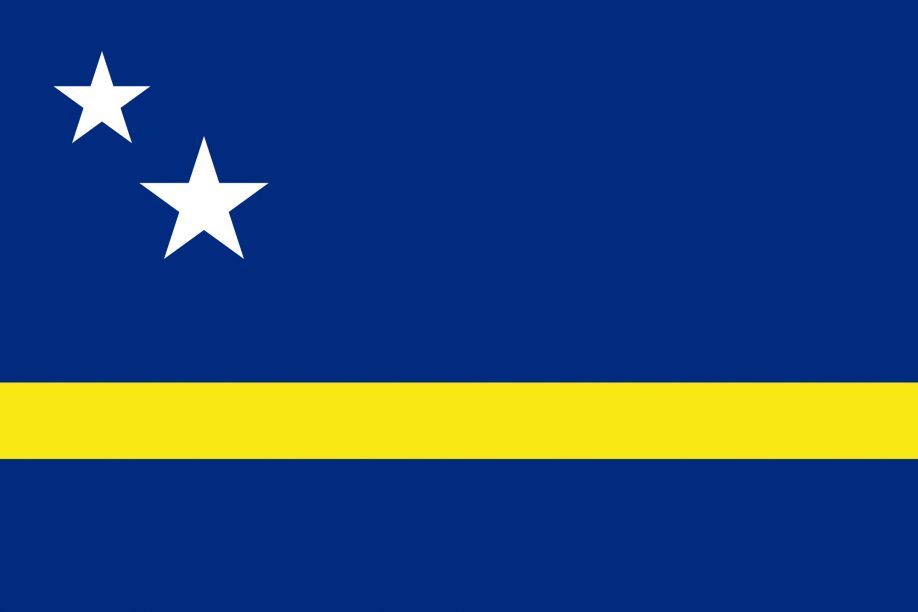Property in the UK, particularly London, has always been popular for Chinese Investors. Within the last year, however, the UK Tax authorities have changed their stance and all investors are now exposed to new taxes.
Historically, foreign investors would use structures to reduce their exposure to taxes. Typically, it would be purchased using structures such as trusts, special purpose vehicles, private investment companies, or similar offshore corporate entities. This was the preferred method to purchase UK property because of the generous tax benefits.
Even when ATED (annual tax on enveloped dwellings) taxation was introduced, it had little impact until what...







